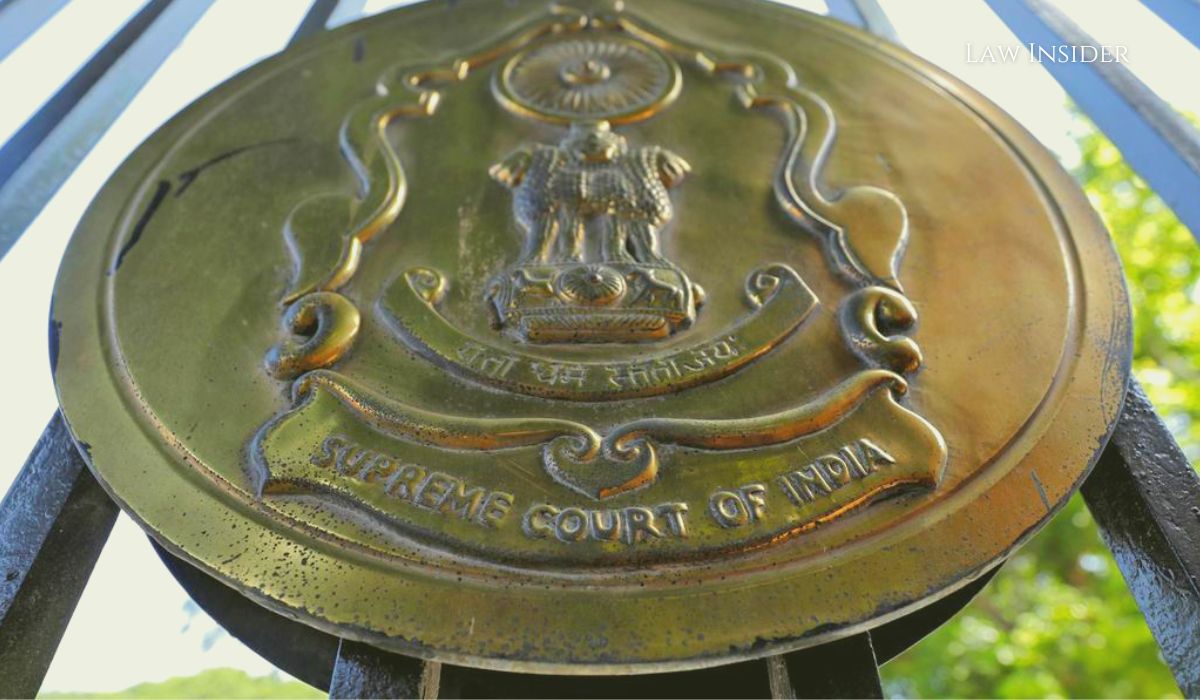Sakina Tashrifwala
Published on: October 17, 2022 at 20:14 IST
On Monday, the Supreme Court issued a notice of hearing on a plea filed by the National Commission for the Protection of Child Rights (NCPCR) contesting a recent Punjab and Haryana High Court ruling that a 16-year-old Muslim girl can enter into a lawful marriage.
Senior Advocate R Rajasekhar Rao was selected as an amicus curiae by a bench comprised of Justices Sanjay Kishan Kaul and Abhay S Oka.
Tushar Mehta, Solicitor General of India, appeared for the NCPCR and urged a stay of the observations in the judgment. “Please stay these two parts of the contested order,” the SG requested.
According to SG Tushar Mehta, it is a “serious issue” because of the impact on the ban on underage marriages and the POCSO Act.
The bench inquired whether any court would obey the judgment until the Supreme Court considered the matter.
“How will this be followed? We are stating that we will investigate the matter. Let us hear the amicus and then the matter. The matter has been adjourned until November 7”, according to the bench.
The High Court granted protection to a Muslim couple, observing that a girl of puberty is of Marriageable Age under Muslim Personal Law. Based on precedent, the High Court determined that a Muslim girl’s marriage is governed by Muslim Personal Law.
“The law, as stated in the preceding judgements, is clear that the marriage of a Muslim girl is governed by Muslim Personal Law. According to Article 195 of the book ‘Principles of Mohammedan Law by Sir Dinshah Fardunji Mulla,”
“…petitioner No.2 was competent to enter into a marriage contract with a person of her choosing if she was beyond the age of 16. Petitioner No. 1 is said to be over the age of 21. As a result, both petitioners are of marriageable age under Muslim Personal Law.”
According to Article 195 of the book ‘Principles of Mohammedan Law by Sir Dinshah Fardunji Mulla,’ any Mahomedan of sound mind who has completed puberty may engage into a marriage contract, and puberty is inferred, in the lack of evidence, on completion of the age of fifteen years.
According to the NCPCR’s appeal, the High Court’s order effectively permits child marriage, which is a violation of the Prohibition of Child Marriage Act of 2006. According to the petition, the Act’s provisions are secular and apply to all religions.
Aside from that, the judgment violates the spirit of the Prevention of Children from Sexual Offenses Act of 2012 (POCSO), which is also a secular statute.
According to the law, no child under the age of 18 can offer legitimate permission.
The petition also contended that child protection legislation cannot be seen in isolation from Article 21 of the Constitution, which guarantees the right to life and liberty.

